The session shared insights from research and experiences from Asian Teacher Educators for Climate Change (ATECCE) Network Members. It also discussed approaches used to empower teacher and community engagement for climate change education.
Key messages from the Session:
Integrating climate change education across disciplines in teacher education is essential to move beyond cognitive understanding to action, empathy, and agency. Using new didactic approaches such as solution - focussed teaching was also recommended.
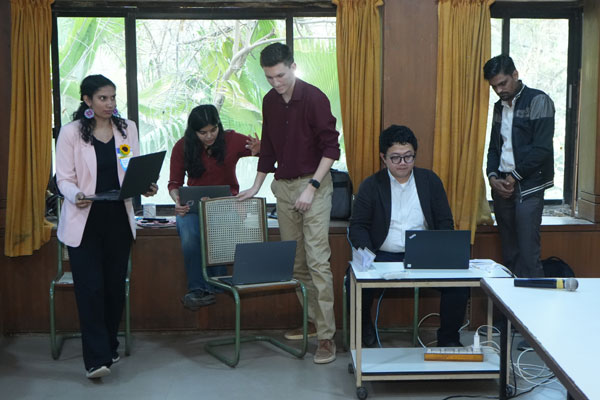
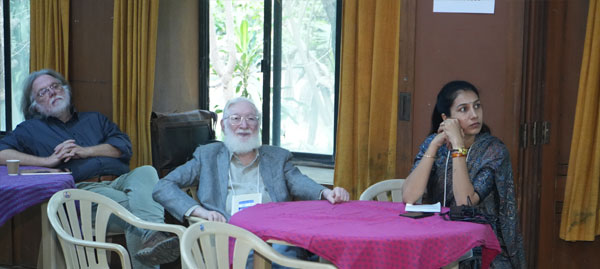
Speakers
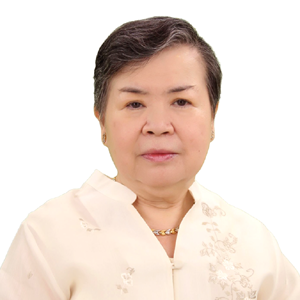
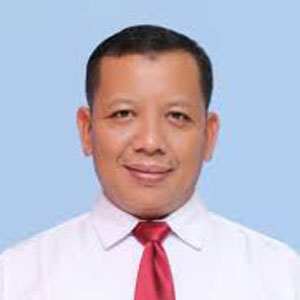
Prof. Eko Hariyono,
Surabaya State University, Indonesia
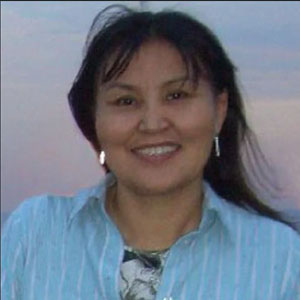
Prof. Batchuluun Yembuu,
Mongolia National University of Education

Prof. Uuriintuya Dembereldorj,
Mongolia National University of Education

Dr. Kiichi Oyasu,
Asia-Pacific Cultural Centre for UNESCO

Dr. Thomas Hoffman,
Leuphana University of Luneburg
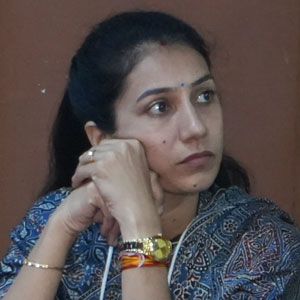
Dr. Sweta R. Purohit,
Centre for Environment Education